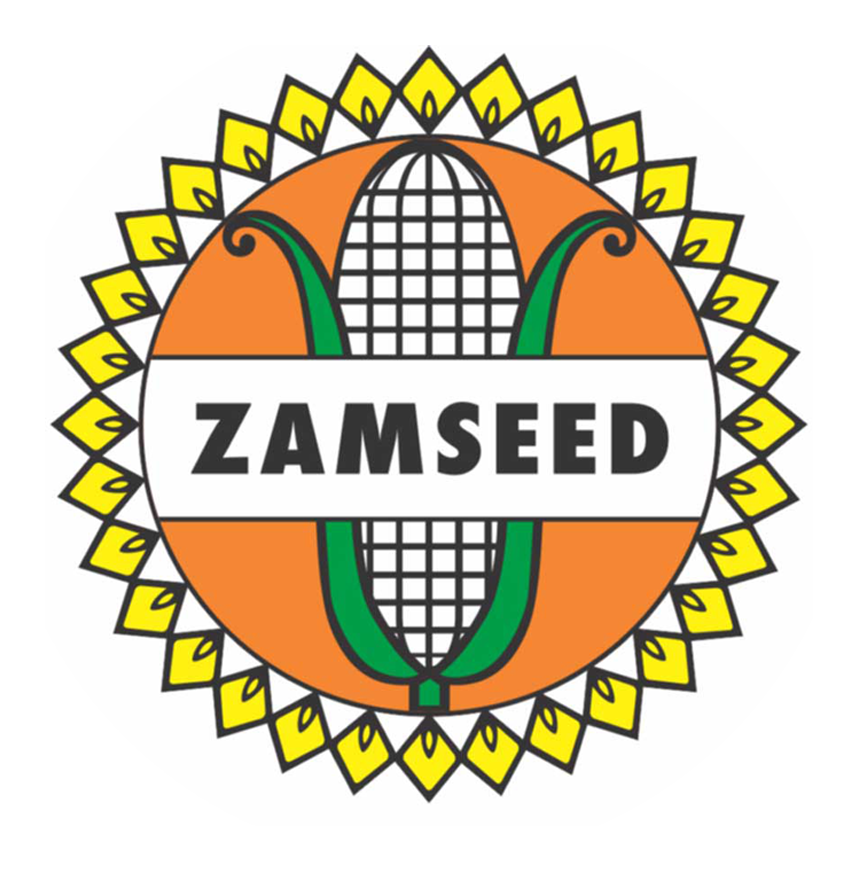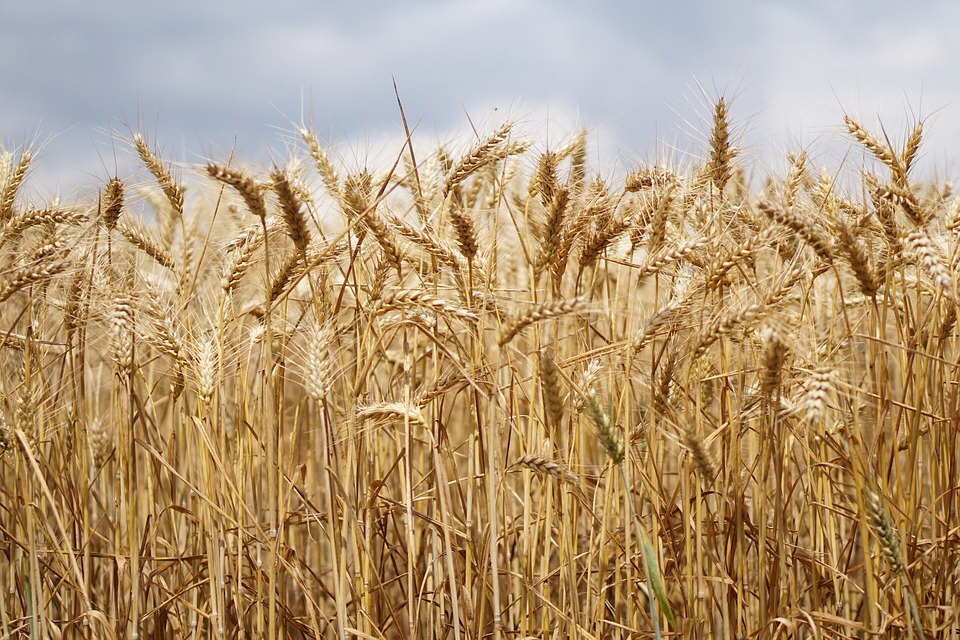Lusaka, October 23, ZANIS – As part of the Independence Day Celebration, Zambia Seed Company Ltd (ZAMSEED) presented a gift of seed variety to the country’s First Republican President Dr Kenneth David Kaunda, who pioneered the company 16 years after independence.
The gift pack which consisted of white maize, orange maize, sorghum and groundnut seed was a gesture of honour to Dr Kaunda for his passion in agriculture.
Zamseed Business Development Manager Nokuthula Ndhlovu who presented the gift to the first republican president stated that the office of the First President had given the company permission to use the ‘Tiyende Pamodzi’ song in the company jingles.
Nokuthula also disclosed that the company has cultivated 365 hectares of seed in the Lower Zambezi to cushion any shortage of seed anticipated as a result of restrictions due to the COVID 19 outbreak.
Nokuthula says the seed production project in the Lower Zambezi will benefit farmers this farming season as well as the 2021 farming season.
The Zambia Seed Company Ltd Marketing Manager, Zack Musonda said agriculture is the future of the country and the company will take seed production to a higher level.
And speaking on behalf of his father, Kaweche Kaunda thanked the organisation for the gesture and reiterated that the first Republican President has always been passionate about agriculture throughout his life.
ZANIS/NK/ENDS………………….

